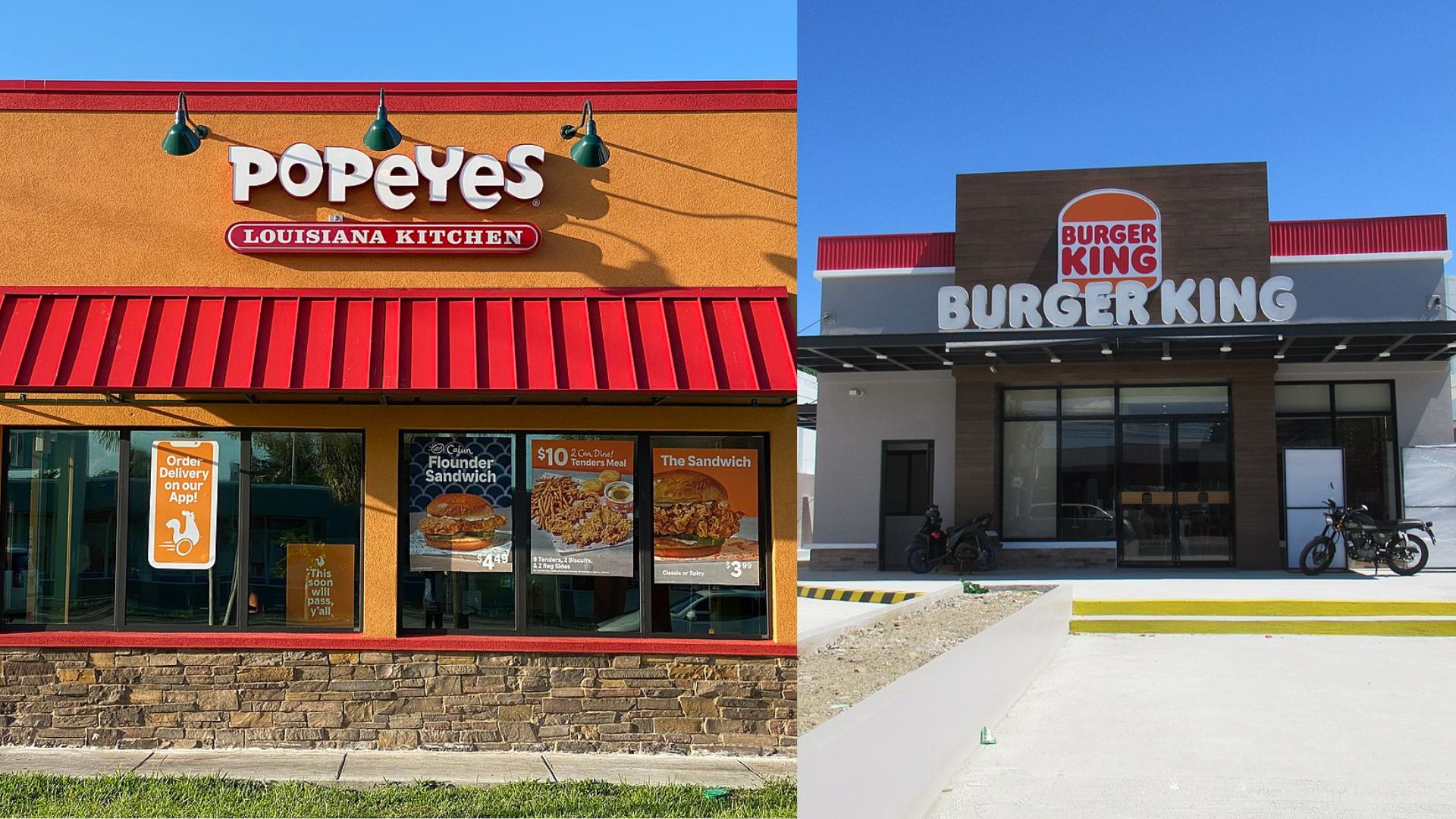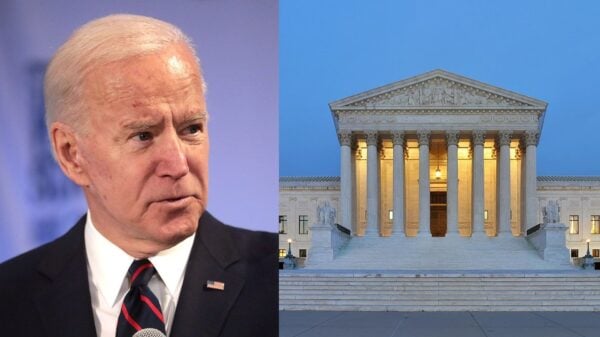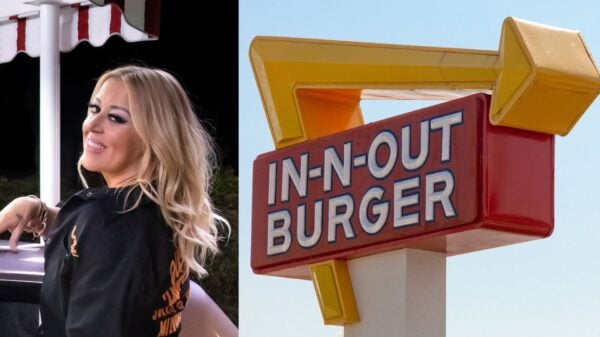The United States is known as the birthplace of fast food, with several of the world’s beloved restaurants, such as Burger King, Popeyes, and McDonald’s, all originating in the nation. However, in recent years, many of these popular chains have been forced to file for bankruptcy amidst difficult financial periods.
The vast majority of all fast-food restaurants in the United States are franchised, meaning members of the public can apply to pay a franchise fee and open a Burger King or McDonald’s restaurant of their own and run it and own it like a regular business. However, in the case of a franchise, the business owner must follow the format layout of the company, receive the rights to use their recipes and marketing, and ensure they uphold the name of the brand.
Over the last century, franchising has been a remarkably successful business model for both the companies and the franchisees. However, something strange happened last year as hundreds of Burger King locations across the US closed, and many Popeyes franchise owners were forced to file for bankruptcy. Restaurant Brands International, which owns both Burger King and Popeyes, immediately launched into action upon hearing the news and tried to see if they could save some of the fast-food locations.
RBI realized that one of its major franchises, Carrols, had announced they planned to close dozens of its profitable locations. In a press release, RBI explained, “Carrols is the largest Burger King franchisee in the United States today, operating 1,022 Burger King restaurants in 23 states that generated approximately $1.8 billion of system sales during the 12 months ended Sept. 30, 2023.” And that is in addition to the 60 Popeyes restaurants Carrols owns in six states.
Not long after RBI was made aware of the situation with Carrols, two of its other franchisees, Premier Kings and Meridian, filed for bankruptcy and announced they planned to sell many of their locations. So, RBI was forced to step in and purchase dozens of Carrols, Premier King, and Meridian locations in an attempt to save some of the fast-food restaurants.
While RBI was handling its crisis, another popular southern fast-food chain, Bojangles, was entering a turbulent period of its own. The fast-food restaurant, which originated in South Carolina, has grown to over 800 locations across eight states. However, in 2023, the company was forced to close many of its locations after filing for Chapter 11 bankruptcy. While the Bojangles website claims that many of its stores are open, most have their windows boarded up.
While the Bojangles argument is unique, the fact that hundreds of successful Burger King and Popeyes locations have closed reflects a current shift in the market, which is evident by a significant decrease in sales over the past few years. Experts argue that inflation and a surge in the price of menu items are among the leading causes behind the downfall of many fast-food restaurants. While Burger King, Popeyes, and Bojangles have already experienced the negative effects of inflation and less money in Amercians pockets, reports suggest other popular restaurants such as KFC, Taco Bell, and Pizza Hut may be next.



















